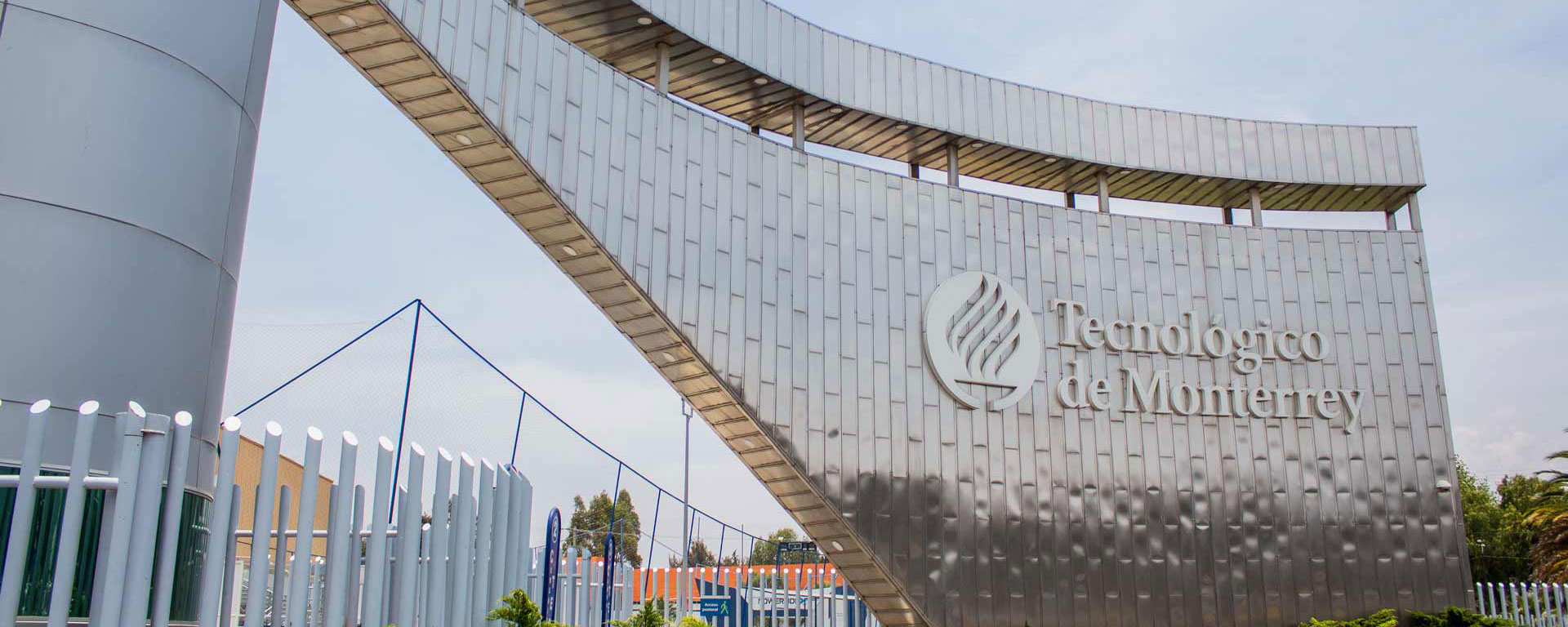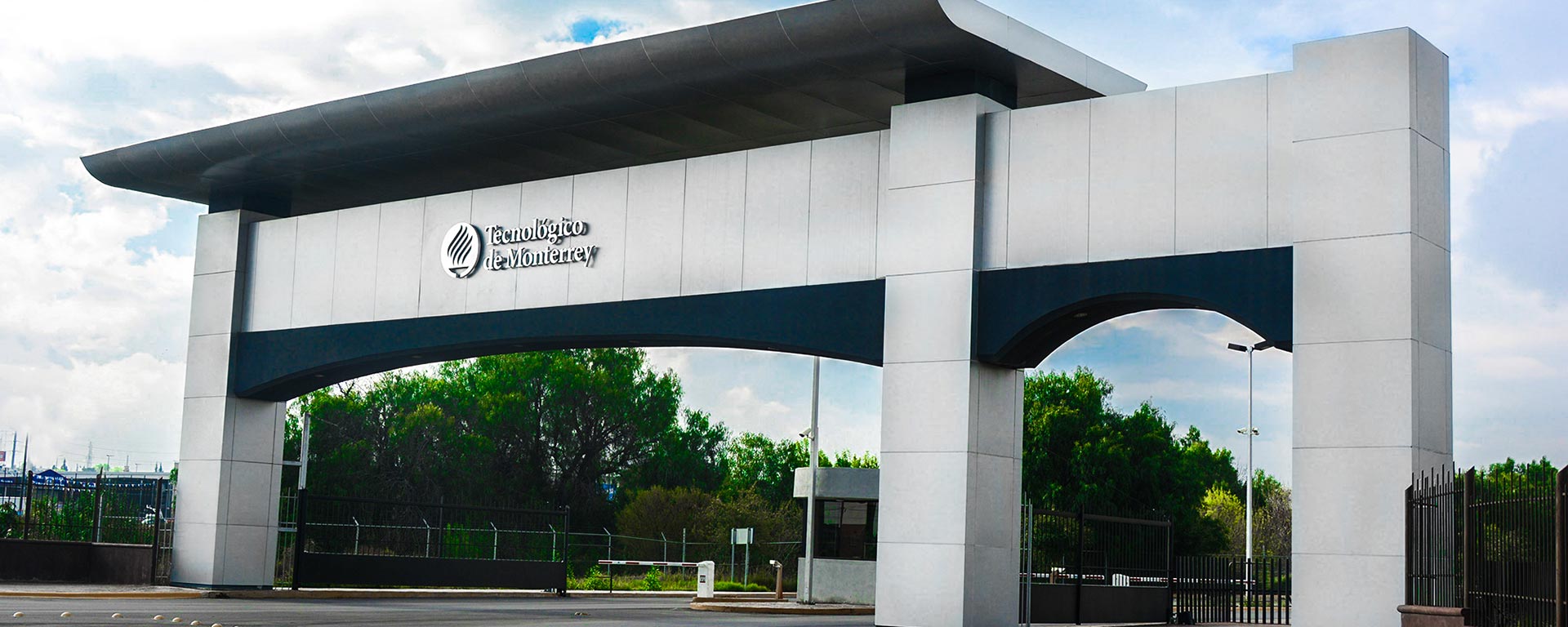Recursos de aprendizaje

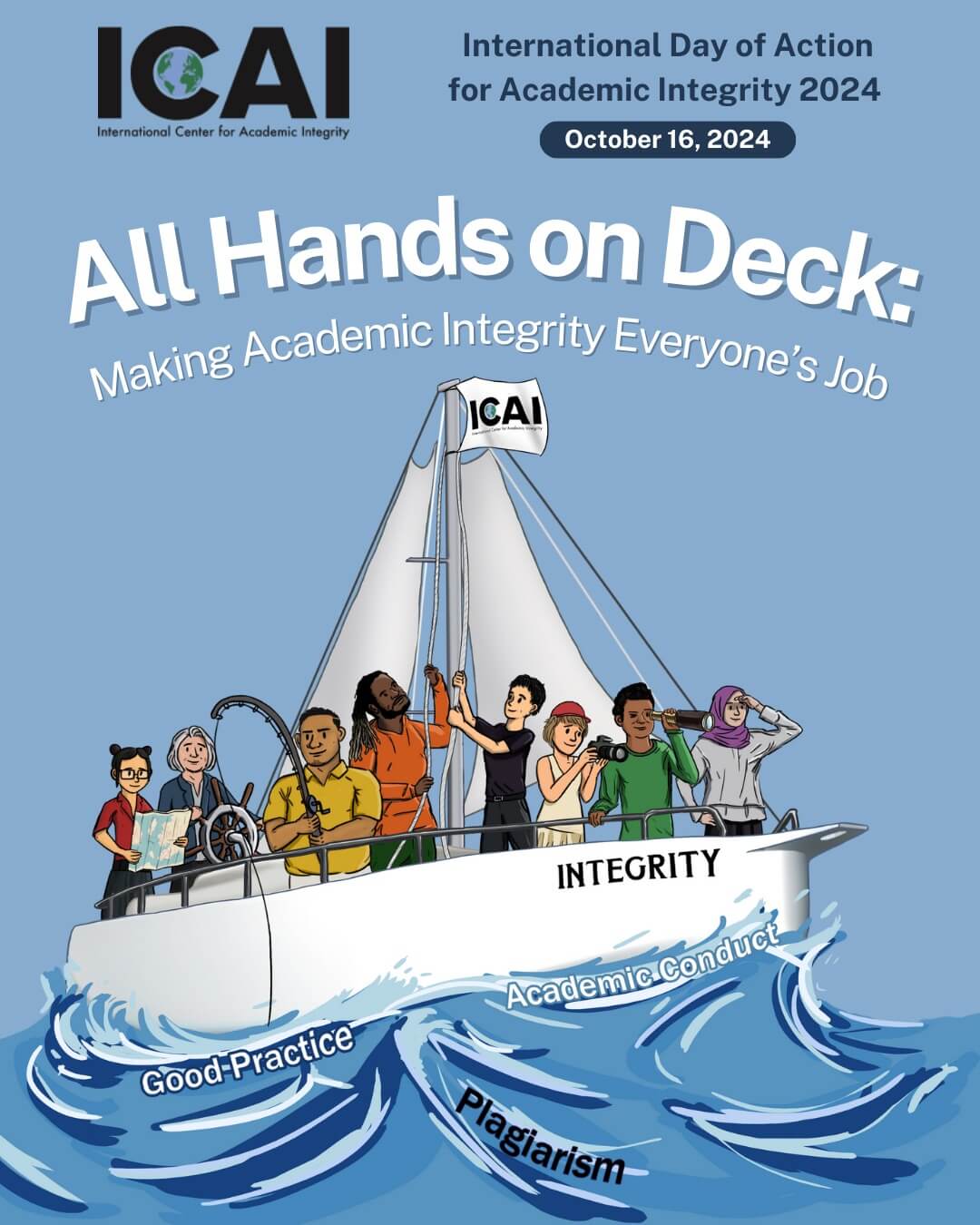
We invite you to be part of the International Day of Action for Academic Integrity!
The International Day of Action for Academic Integrity (IDoA) will be celebrated this October 16, 2024. It is an event organized by the International Center for Academic Integrity (ICAI) to promote the experience of academic integrity in educational institutions, with students, professors and staff from universities around the world. Tec de Monterrey, through the Academic Integrity Program, has been a member of the ICAI since 2018 and since then we have an active role in the experience and dissemination of integrity, through these activities.
From your role as a student, teacher, collaborator, or parent, you can work for integrity in learning to contribute to academic excellence.
Learn how you can get involved by clicking here.
We hope to see you there!
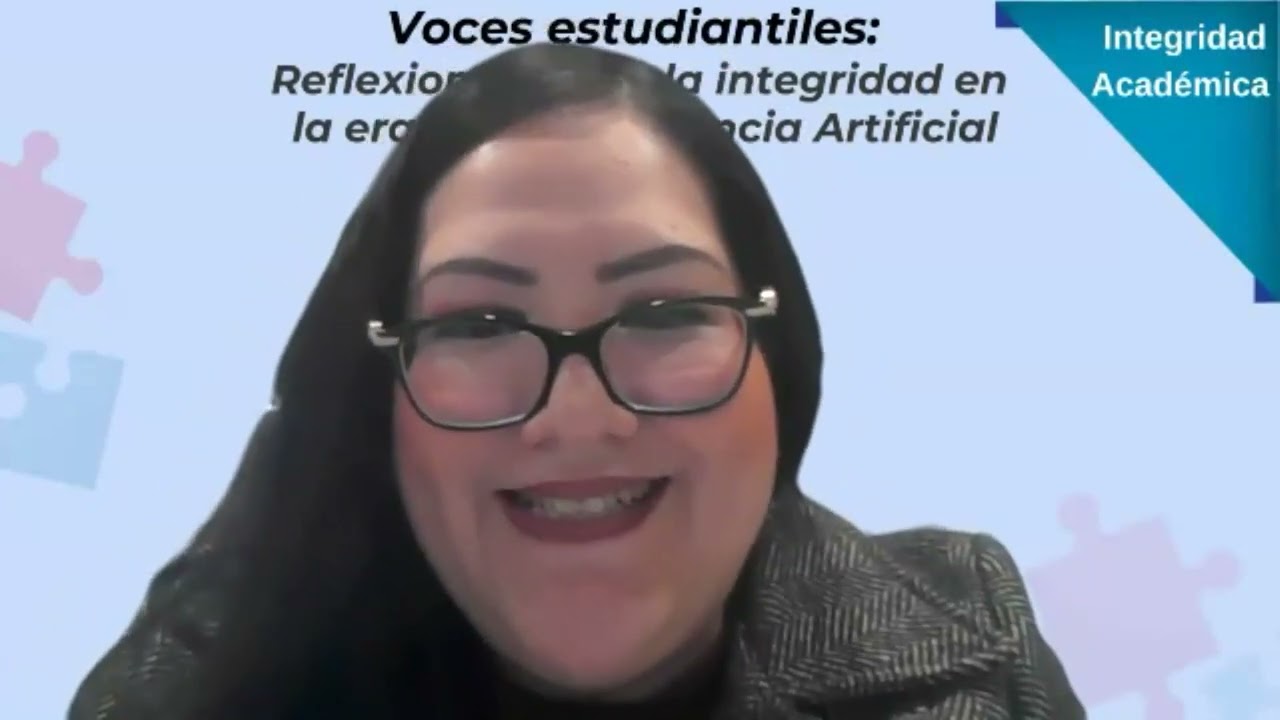
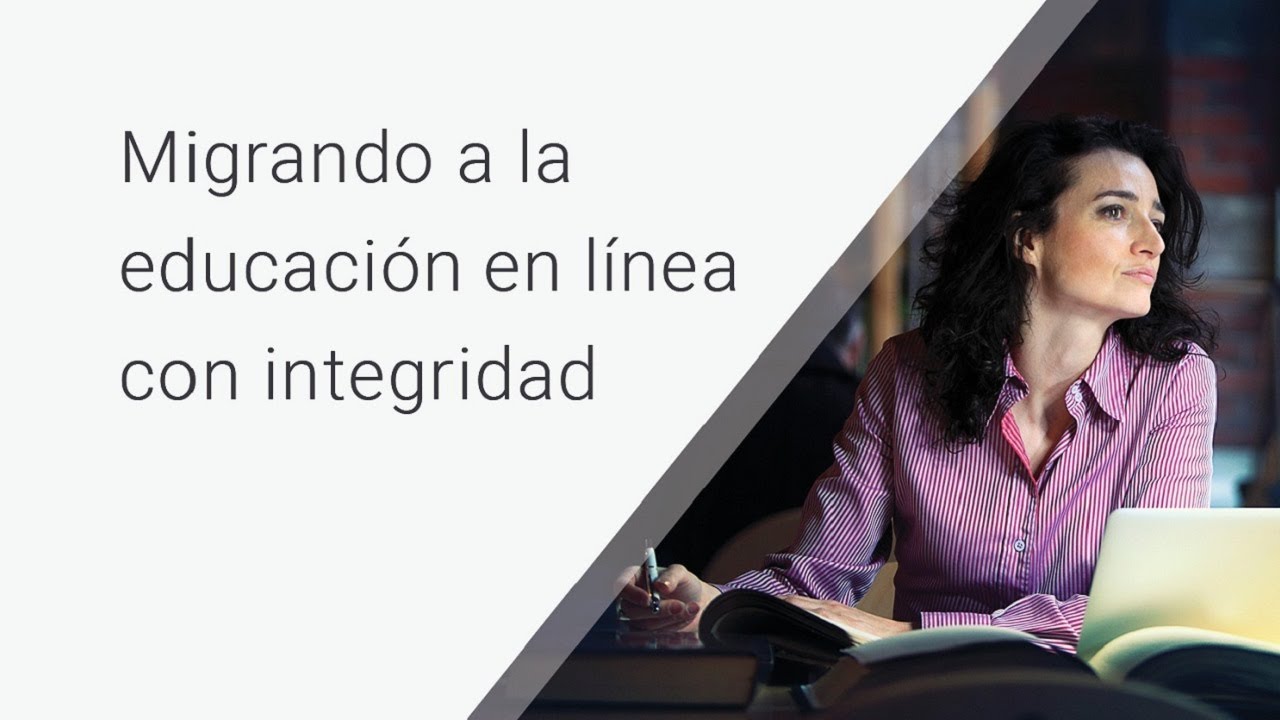
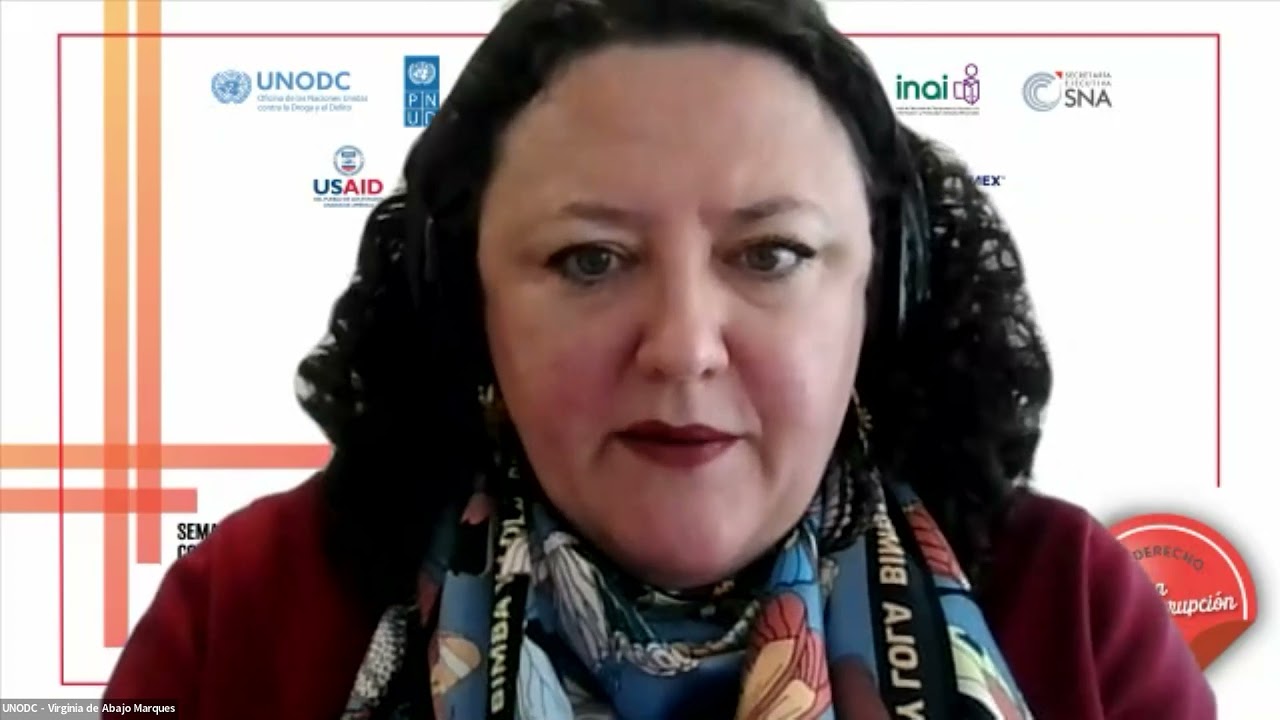
In this panel, students from Tec de Monterrey and Tecmilenio share their perspectives on how to put the principles of academic integrity into practice in class and what they think about the issue of buying and selling academic assignments (contract cheating).
In this talk, professors who are experts in ethics and integrity highlight the importance of addressing the issue of academic integrity in universities from the class design, as a strategy to ensure quality in teaching and learning.

Learn about the International Center for Academic Integrity, an association that studies the state of the art of academic integrity and promotes the exchange of good academic integrity practices among universities around the world to promote an ethical culture in teaching and learning.

The purpose of the Academic Integrity Magazine is to disseminate and socialize valuable content that collaborates to promote a culture of academic honesty in higher education institutions in Latin America.


